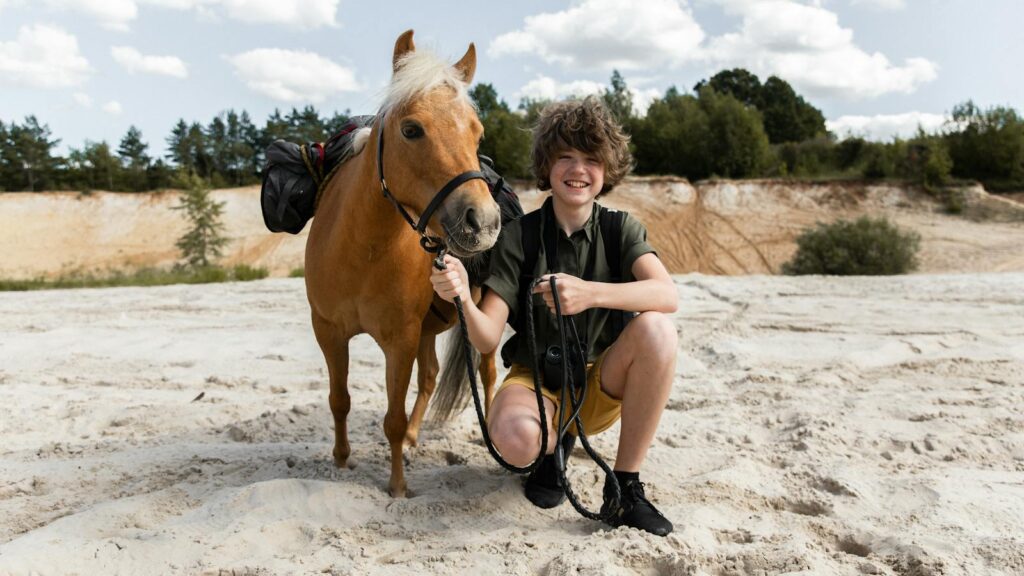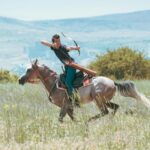For equestrians, there’s no better way to explore the world than from the back of a horse. Horseback vacations offer a unique blend of adventure, cultural immersion, and the special bond that forms between rider and mount in new surroundings. Whether you’re galloping across vast plains, navigating mountain trails, or trotting through historic villages, these equestrian getaways provide unforgettable experiences that connect you with both nature and local traditions. From novice riders to seasoned equestrians, there’s a perfect horseback destination waiting to be discovered. Here are seven exceptional horseback vacations that deserve a spot on every rider’s bucket list.
The Wild West Experience in Wyoming
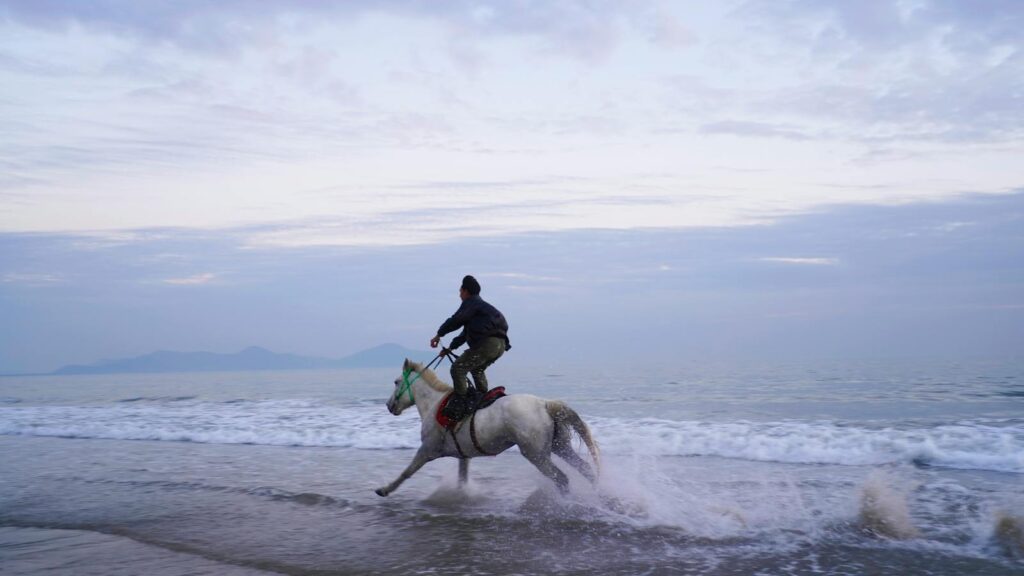
Few horseback vacations capture the essence of riding culture quite like a dude ranch experience in Wyoming. This iconic American adventure places you in the heart of cowboy country, where you’ll ride across sprawling plains with the majestic Grand Tetons or Yellowstone’s geothermal wonders as your backdrop. Many ranches offer diverse riding programs based on skill level, from gentle trail rides for beginners to cattle drives that let experienced riders participate in authentic ranch work. Beyond riding, guests typically enjoy farm-to-table dining, evening entertainment around campfires, and comfortable accommodations ranging from rustic cabins to luxury lodges. The Wyoming experience perfectly balances riding adventure with western hospitality, making it an ideal introduction to destination horseback riding.
Icelandic Horse Treks Through Volcanic Landscapes
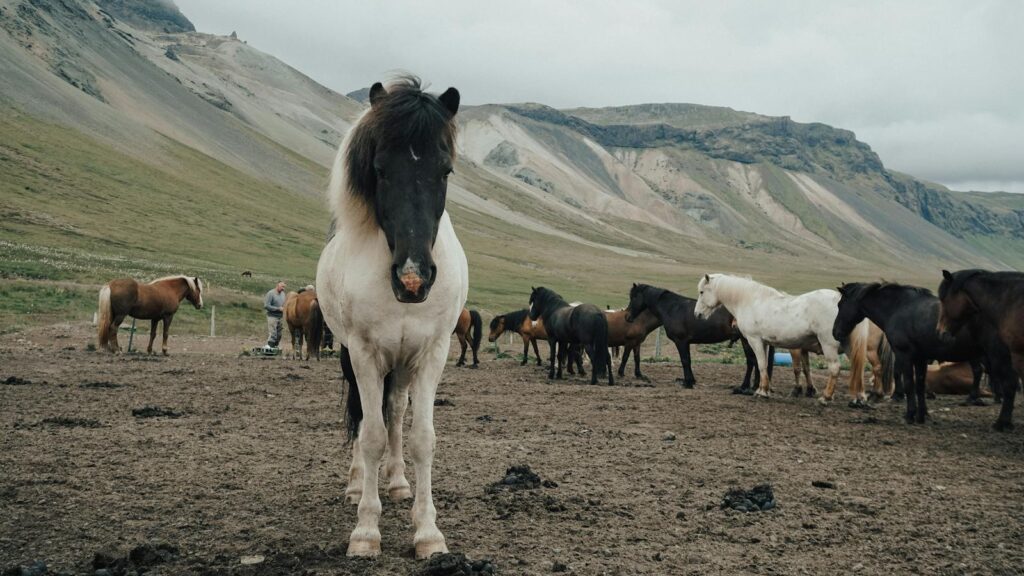
Iceland offers one of the most unique horseback vacations in the world thanks to its special breed and otherworldly terrain. The Icelandic horse, with its compact build and distinctive fifth gait called the tölt (a smooth four-beat pace), provides a comfortable riding experience even across rough volcanic terrain. Multi-day treks take riders through black sand beaches, alongside glaciers, across lava fields, and past geysers and waterfalls that seem straight from fantasy novels. Many tours include opportunities to witness the northern lights during evening rides or from outdoor hot springs near your accommodations. Icelandic horse culture dates back to Viking settlement, giving these rides historical significance beyond their scenic splendor. The horses’ sure-footedness and gentle temperament make these treks accessible even to intermediate riders willing to embrace adventure.
Andalusian Horse Tours in Southern Spain
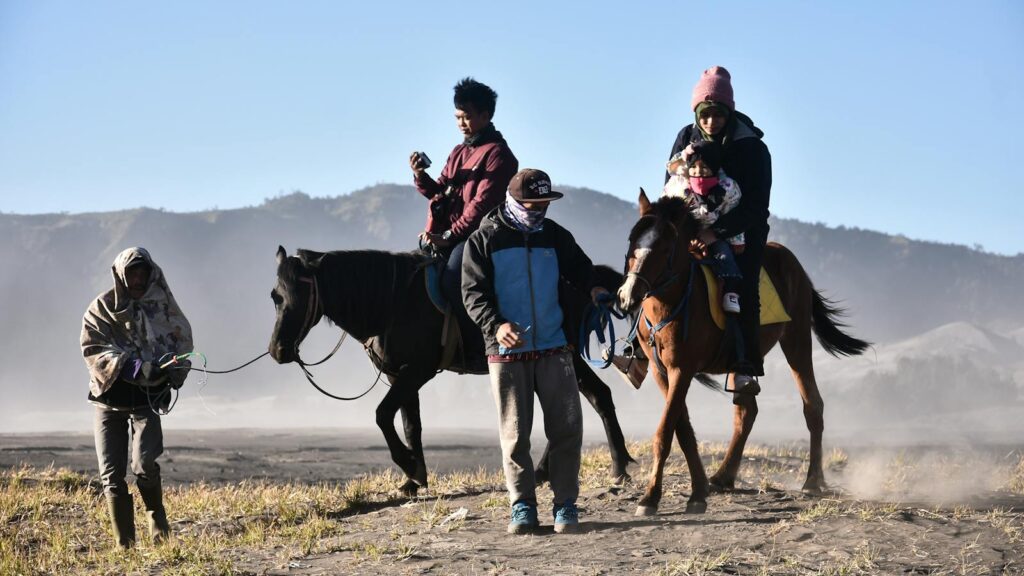
Spain’s Andalusia region offers equestrians a perfect blend of exceptional horses, rich culture, and stunning landscapes. Riding the region’s native Andalusian horses—known for their elegance, sensitivity, and collection—connects riders to centuries of classical dressage tradition. Itineraries typically include rides through white-washed villages, ancient olive groves, and the rolling hills of the countryside, interspersed with cultural experiences like flamenco performances and sherry tastings. Many tours incorporate visits to renowned breeding farms and equestrian schools where you can witness spectacular performances of “dancing” horses. The Mediterranean climate makes this an excellent year-round destination, with spring and fall offering particularly pleasant riding weather. For riders interested in horsemanship history and technique, additional dressage lessons can often be arranged with local masters to complement the trail riding experience.
Safari on Horseback in Botswana
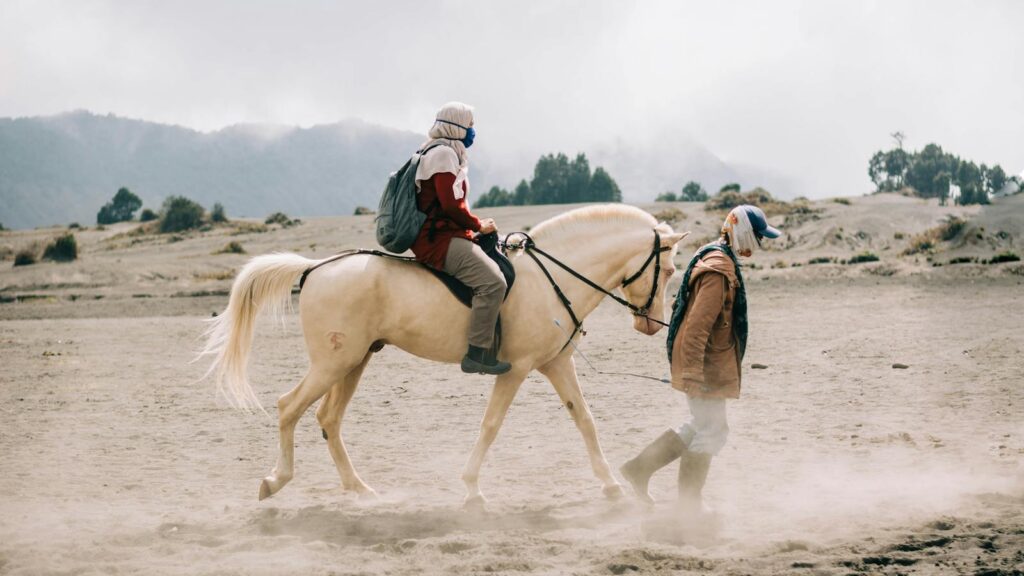
For the adventurous equestrian, few experiences match the thrill of an African safari on horseback in Botswana’s Okavango Delta. This unique ecosystem allows riders to approach wildlife in a way impossible with motorized vehicles—moving quietly among zebra herds, giraffes, and even elephants while creating minimal environmental impact. Specialized outfitters provide well-trained, responsive horses accustomed to wildlife encounters, though these safaris typically require advanced riding skills due to potential unexpected animal encounters. Accommodations range from luxury tented camps to more rustic mobile camping experiences, all offering authentic African hospitality after days in the saddle. Morning and evening rides take advantage of prime wildlife viewing times, while midday breaks might include mokoro (dugout canoe) excursions or guided walking safaris. The combination of world-class wildlife viewing and challenging riding makes this a premier bucket-list experience for confident equestrians.
Tuscan Countryside Exploration in Italy
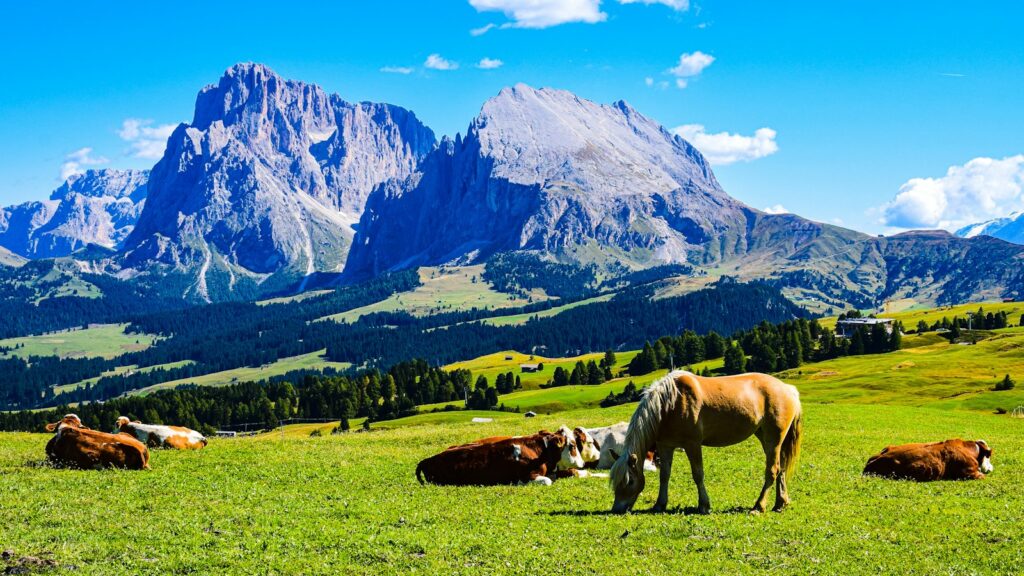
Italy’s Tuscan region offers horseback vacations that seamlessly blend culinary delights with scenic riding through one of Europe’s most celebrated landscapes. Rides wind through rolling hills lined with cypress trees, past medieval villages perched on hilltops, and alongside vineyards and olive groves that define this iconic region. Many itineraries include authentic agriturismo accommodations on working farms or historic estates, where meals feature farm-fresh ingredients and local wines. Particularly appealing is the relaxed pace of these tours, which typically balance 4-5 hours of daily riding with cultural activities like cooking classes, wine tastings, or visits to historic sites. The terrain is generally gentle, making Tuscan rides accessible to intermediate riders who value cultural immersion alongside their equestrian adventure. Some programs even allow riders to participate in Italian-style natural horsemanship training during their stay, adding an educational component to the vacation.
Coastal Trail Rides in Ireland
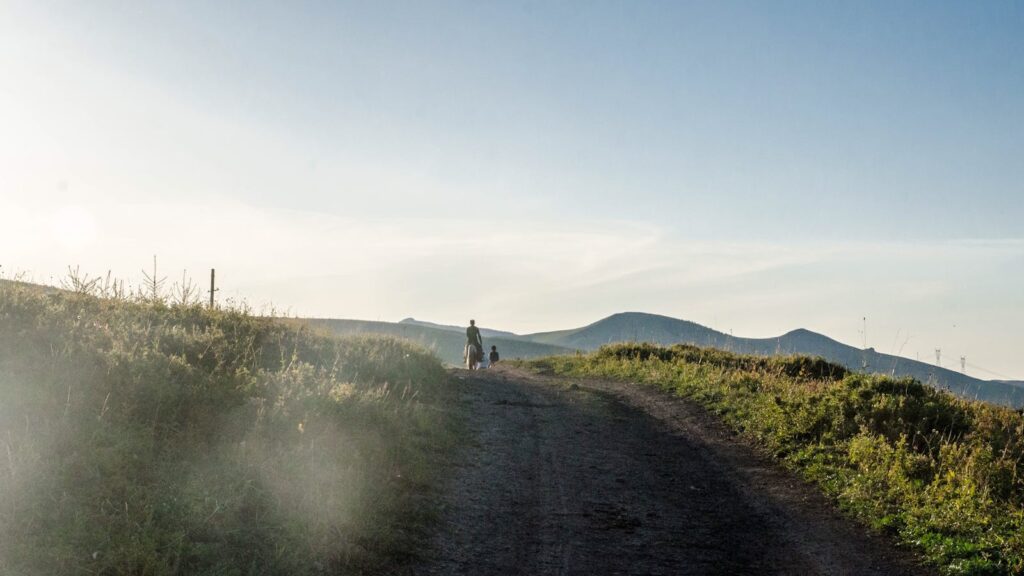
Ireland’s reputation as an equestrian paradise is well-deserved, with coastal trail rides offering some of the country’s most breathtaking experiences. The beaches of County Sligo, Connemara, and Dingle Peninsula provide miles of firm sand perfect for exhilarating gallops alongside crashing Atlantic waves. Irish sport horses, known for their sure-footedness and sensible temperament, safely navigate the varied terrain that transitions from beach to clifftop paths to green countryside. Accommodations often include historic country houses or family-run B&Bs where evening entertainment might feature traditional music sessions at local pubs. Weather in Ireland can be unpredictable, but the Gulf Stream influence keeps temperatures mild year-round, and locals insist that experiencing the landscape under changing light and weather conditions is part of its charm. The Irish riding experience is further enhanced by the warm hospitality and storytelling tradition that turns fellow riders and hosts into friends by journey’s end.
Cappadocia Cave Explorations in Turkey
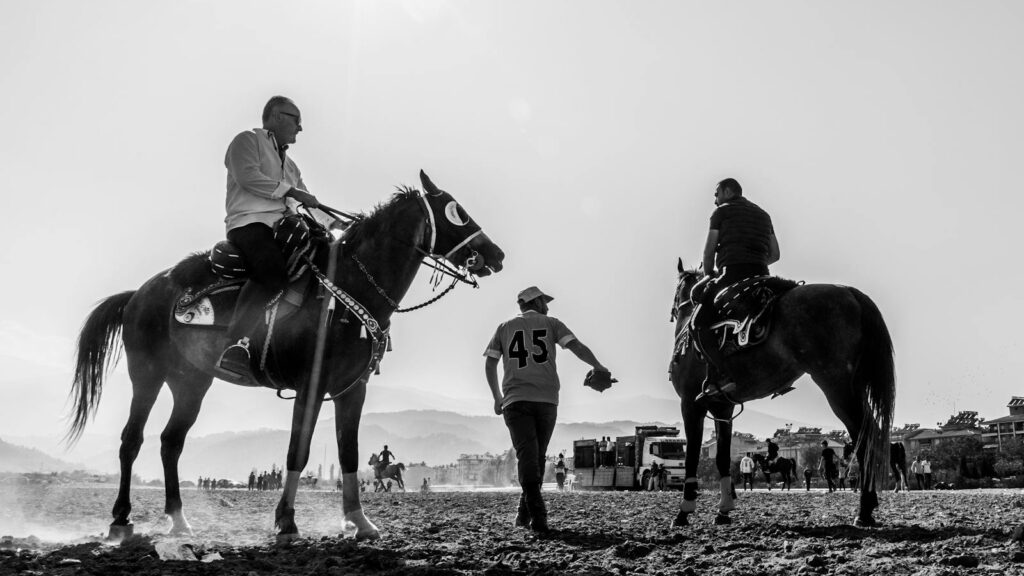
Turkey’s Cappadocia region offers perhaps the most visually stunning backdrop for horseback riding anywhere in the world, with its otherworldly “fairy chimney” rock formations and ancient cave dwellings. Riders traverse landscapes shaped by volcanic eruptions and thousands of years of human history, with opportunities to explore underground cities and Byzantine cave churches that cannot be accessed by vehicle. The local horses, often Arabian or Arabian crosses, are well-adapted to the terrain and climate of the region. Many tours time rides for sunrise or sunset when the unique landscape is bathed in golden light, sometimes coordinating with hot air balloon flights that offer a complementary perspective on this unusual geography. Accommodations in cave hotels provide a uniquely atmospheric experience that continues the immersion in this distinctive landscape. The combination of unusual geology, rich history, and the strong horse culture of Turkey makes Cappadocia an unforgettable destination for riders seeking something truly different.
What to Consider When Booking a Horseback Vacation
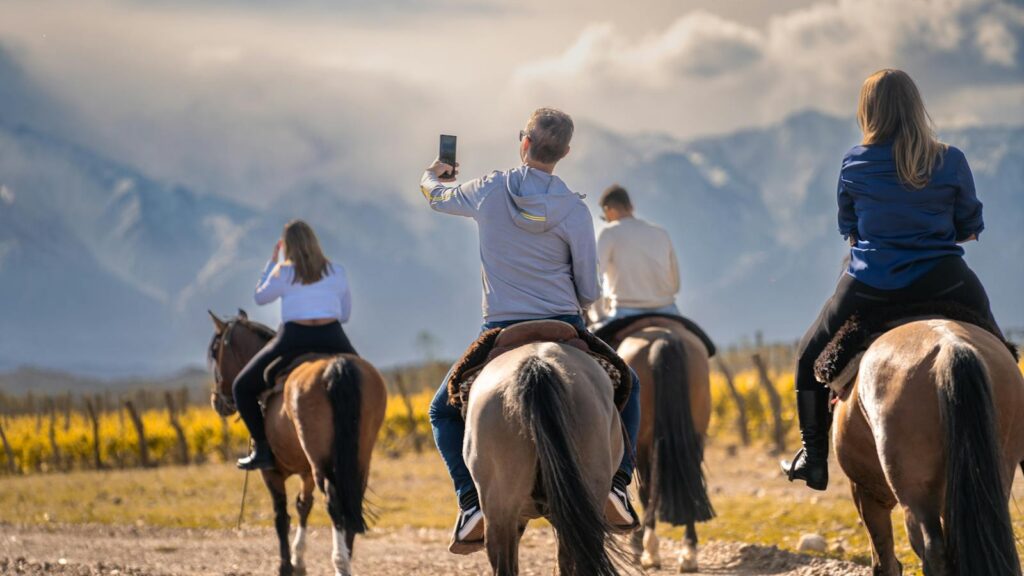
Selecting the right horseback vacation requires thoughtful consideration of several key factors beyond just the destination. Honestly assess your riding ability and fitness level, as vacations range from those suitable for beginners to those requiring advanced skills and stamina for long days in the saddle. Research the typical horses used on your chosen trip, as breed characteristics can significantly impact your experience—from steady quarter horses to spirited Arabians. Consider the climate and seasonal conditions, packing appropriate riding attire for both comfort and safety in varied weather. Additionally, understand the accommodation style, which might range from luxury resorts to rustic camping, ensuring it matches your comfort expectations after a day of riding. Most reputable outfitters will have detailed information about these aspects and can help match you with the most suitable experience.
Packing Essentials for Equestrian Adventures
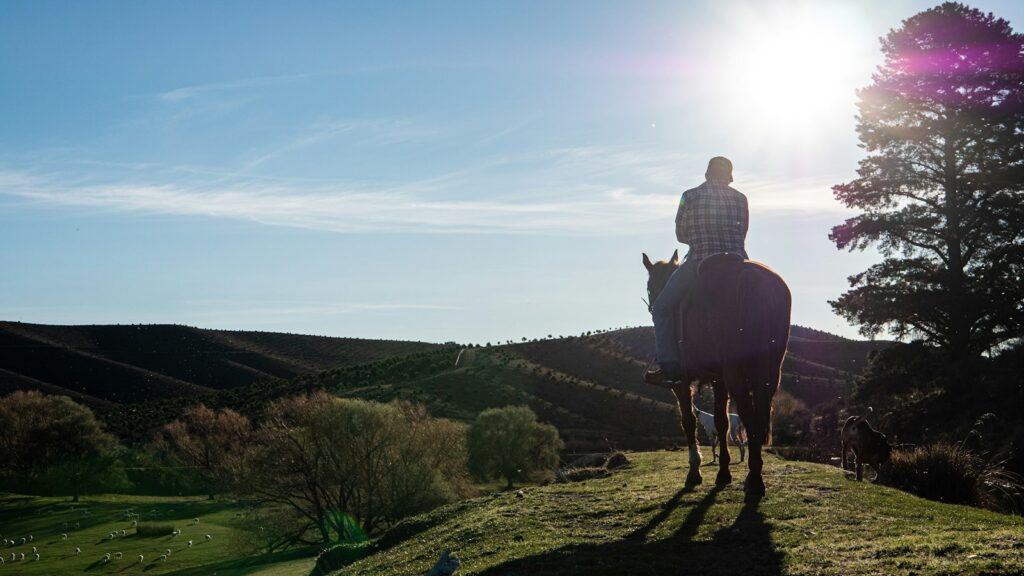
Proper packing can significantly enhance your horseback vacation experience, starting with appropriate riding attire. Even if borrowing a helmet, bringing your own ensures proper fit and comfort during long rides. Pack multiple pairs of riding pants or jeans to account for weather changes and washing limitations. Layered clothing accommodates temperature fluctuations throughout the day, especially important in desert or mountain environments. Beyond riding gear, include a small first aid kit with blister treatment, pain relievers, and any personal medications. Many experienced travelers recommend packing a bandana or buff for dust protection, sunscreen regardless of season, and a small camera that can be secured while riding. While specialized equipment like saddles is typically provided, bringing your own riding gloves and possibly stirrup covers for rainy conditions can significantly increase comfort on longer journeys.
Health and Insurance Preparations
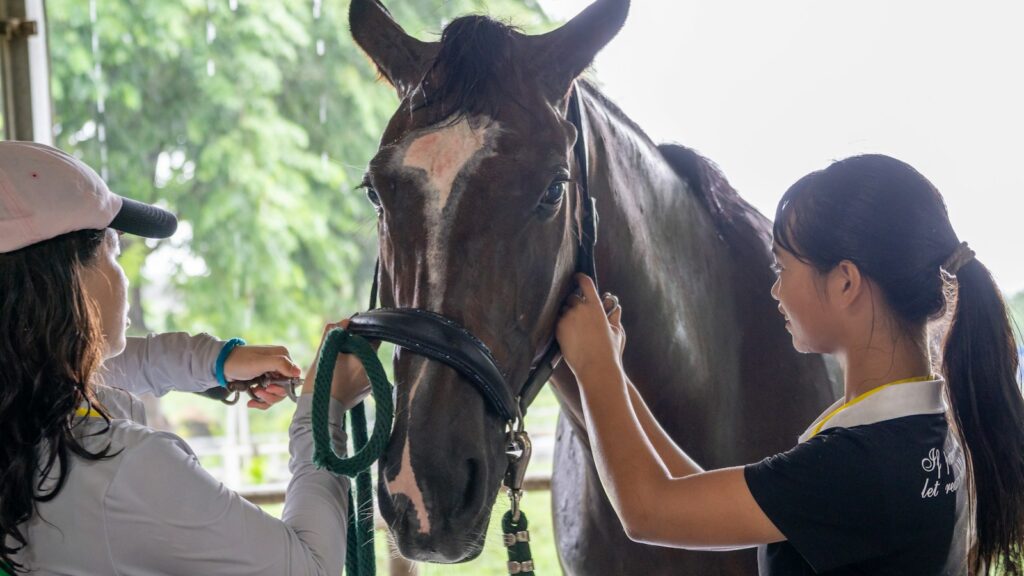
Before embarking on a horseback vacation, particularly to international destinations, several health and insurance considerations require attention. Consult with your physician about any necessary vaccinations or health precautions specific to your destination, especially for trips to regions with mosquito-borne illnesses or high altitudes. Purchase comprehensive travel insurance that explicitly covers horseback riding activities, as many standard policies exclude what they consider “adventure sports.” Consider supplemental medical evacuation insurance for remote destinations where emergency transportation could be extraordinarily expensive. Research local healthcare facilities along your riding route and carry a list of any allergies or medical conditions translated into the local language. Additionally, discuss with your tour operator their emergency protocols and how they handle situations requiring medical assistance, particularly on multi-day treks that venture far from main roads and facilities.
Building Skills Before Your Equestrian Vacation
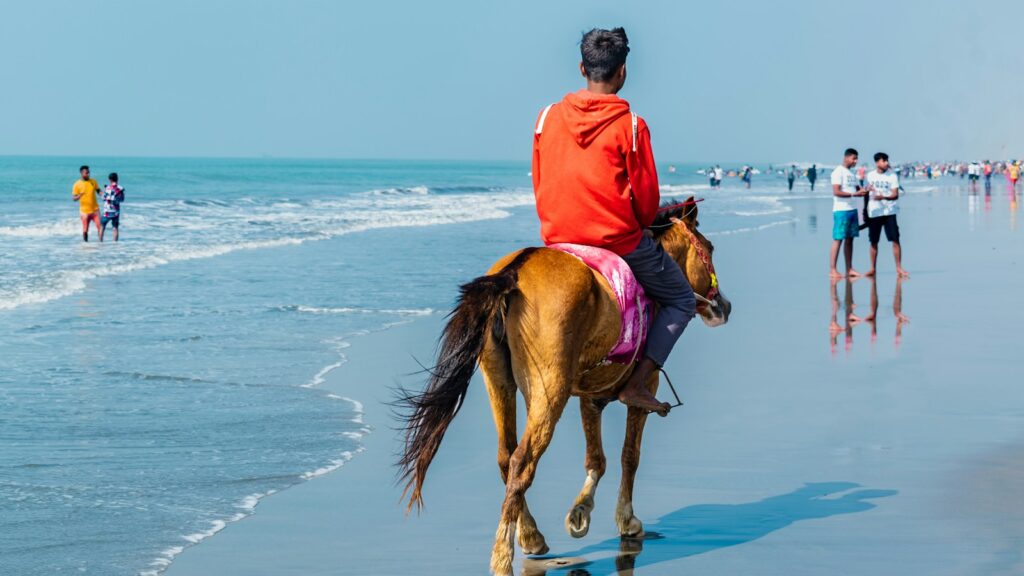
Preparing physically and technically before your horseback vacation can significantly enhance your enjoyment and safety. Begin a fitness program several months in advance focusing on core strength, leg endurance, and overall stamina—even experienced riders can be surprised by how demanding several consecutive days in the saddle can be. Schedule regular riding lessons if you’re a beginner or intermediate rider, specifically requesting practice in the style of riding your vacation will feature, whether Western, English, or a regional variation. For those planning extended treks, practice riding for longer periods, gradually building up to several hours at different gaits. Learn basic horsemanship skills beyond riding, such as approaching, haltering, and conducting simple safety checks on your mount. Many outfitters offer pre-trip guidance specific to their programs, which might include recommended exercises or skills to practice before arrival.
Cultural Etiquette for International Riding Vacations
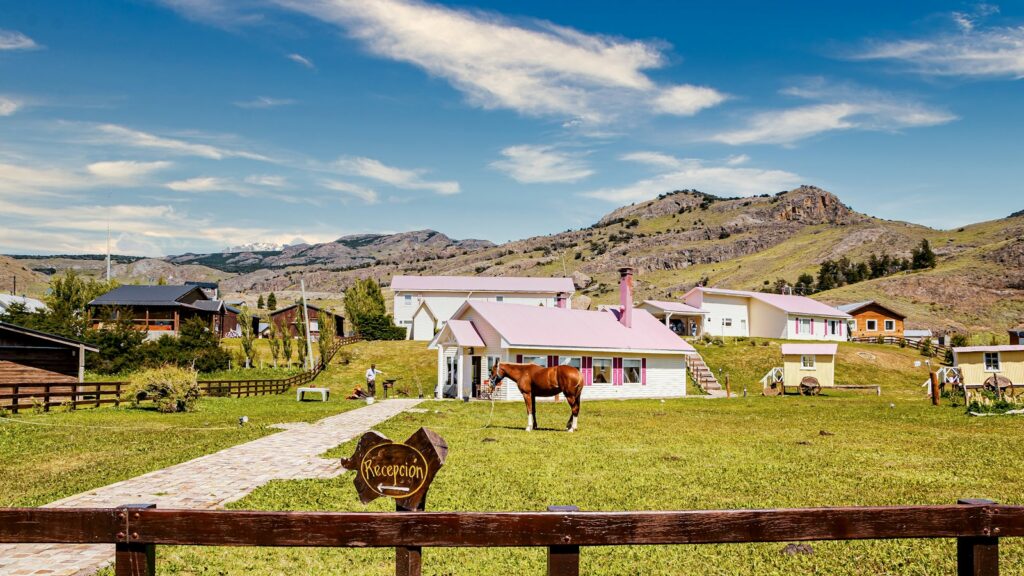
Understanding and respecting local customs enhances both your experience and your welcome when participating in international horseback vacations. Research basic greeting customs and a few key phrases in the local language, showing respect for your hosts and guides who often take great pride in sharing their equestrian traditions. Be receptive to different approaches to horsemanship, as techniques vary widely across cultures—from the forward riding position common in English disciplines to the relaxed seat of Western riding to unique regional styles. Dress modestly in conservative regions, particularly when not actually riding, and ask before photographing local people or private property. Show appreciation for local hospitality, which might include trying unfamiliar foods or participating in traditional ceremonies that are considered honors extended to guests. Your willingness to embrace cultural differences often results in deeper connections with local people and more authentic experiences beyond the riding itself.
Sustainable and Ethical Equestrian Tourism
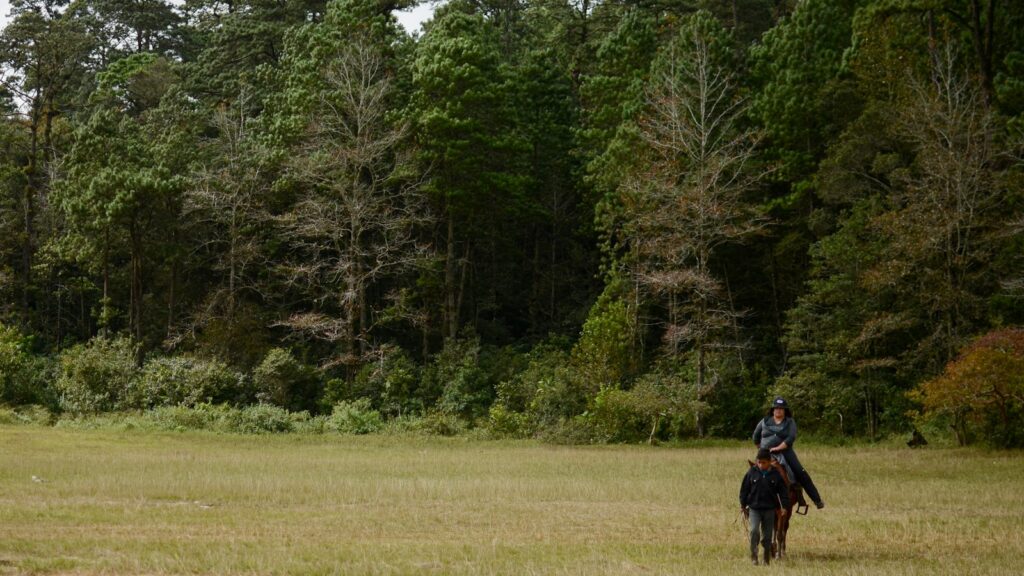
As horseback vacations grow in popularity, responsible travelers increasingly prioritize operations that emphasize sustainability and ethical treatment of both horses and environments. Research outfitters thoroughly, seeking evidence of appropriate horse care including limited working hours, adequate rest days, proper nutrition, and weight limits for riders. Look for operations that contribute positively to local communities through employment, cultural preservation, or conservation initiatives rather than merely extracting profit. Consider the environmental impact of your chosen experience, favoring companies that practice Leave No Trace principles and avoid environmentally sensitive areas during certain seasons. Many reputable organizations have developed certification programs for equestrian tourism operators, providing independent verification of welfare and sustainability standards. By choosing conscientious operators, riders can ensure their passion for horseback exploration helps preserve both the cultures and landscapes that make these experiences so special for future generations.
conclusion
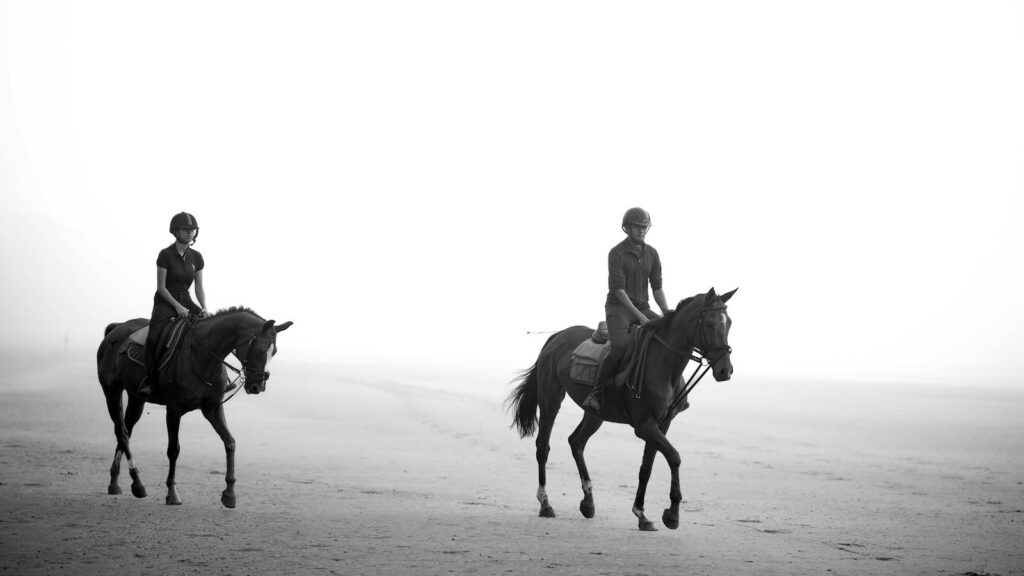
Horseback vacations offer a remarkable way to experience the world’s most stunning landscapes while connecting with diverse cultures through their equestrian traditions. Whether you’re drawn to the wild expanses of Wyoming, the volcanic wonders of Iceland, or the cultural richness of Andalusia, these seven destinations represent just the beginning of possible mounted adventures. The unique perspective gained from the saddle—moving at a pace that allows genuine engagement with surroundings while covering more ground than walking—creates memories that endure long after the journey ends. As you plan your own equestrian getaway, remember that the right preparation enhances both safety and enjoyment, while choosing ethical operators ensures these special experiences remain available for years to come. Wherever your riding adventures take you, the special bond formed with your equine partner in new surroundings creates a travel experience unlike any other.

